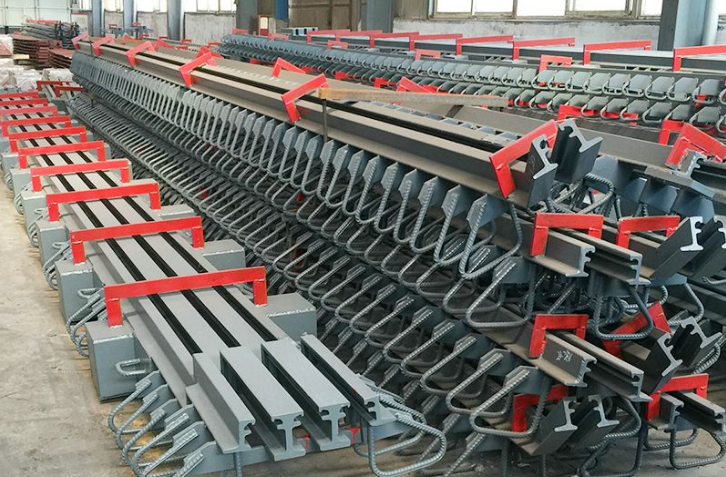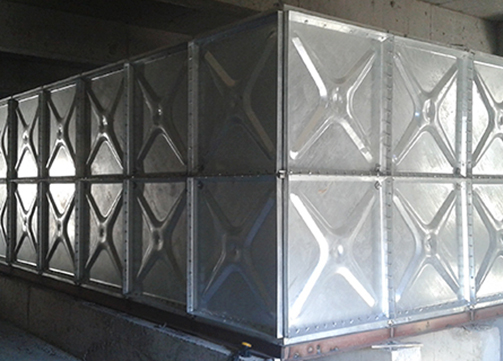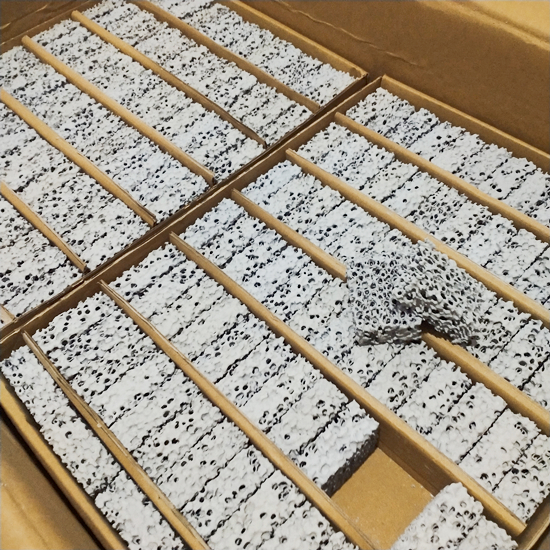What is the cost of installing a GFS agricultural water tank?
In the realm of agricultural infrastructure, GFS agricultural water tanks stand out as reliable assets, ensuring efficient water storage solutions for farms and agricultural businesses worldwide. However, before delving into the intricacies of GFS tank installation costs, it's crucial to understand the myriad benefits these tanks offer and the factors influencing their pricing.

GFS tanks, also known as glass-fused-to-steel tanks, are engineered to withstand harsh environmental conditions while maintaining the integrity of stored water. Composed of steel sheets coated with a specially formulated enamel, these tanks boast remarkable durability, corrosion resistance, and longevity.
Key Features and Benefits
Durability: GFS tanks are built to last, withstanding extreme temperatures, UV exposure, and corrosive substances commonly found in agricultural settings.
Versatility: These tanks are suitable for storing various liquids, including potable water, wastewater, agricultural chemicals, and even slurry.
Low Maintenance: Unlike traditional tanks, GFS tanks require minimal maintenance, reducing long-term operational costs for farmers and businesses.
Environmental Friendliness: With their recyclable materials and minimal environmental footprint, GFS tanks align with sustainable agricultural practices.
Factors Influencing GFS Tank Installation Costs
While the benefits of GFS tanks are undeniable, determining the cost of installation involves considering several factors unique to each project.
Tank Size and Capacity
The size and capacity of the GFS tank significantly impact the overall installation cost. Larger tanks require more materials, labor, and equipment, leading to higher upfront expenses.
Site Preparation
Preparing the installation site is a crucial aspect of the overall cost. Factors such as excavation, leveling, and foundation construction can vary depending on the terrain and soil conditions, affecting the final pricing.
Additional reading:Exploring the World of Flat Pack Container Houses
Analysis! The most comprehensive steel structure knowledge...
Simple understanding: The difference between single-story and multi-story steel structure factory building design
Detailed explanation! Steel structure engineering you want to know
How Does the Fog Effect Fountain Work?
From Snowmobiles to Snow Groomers: The Evolution of Snow Maintenance
Redispersible Polymer Powder: The Secret Ingredient in Durable Construction Materials
Accessories and Add-ons
Additional components, such as inlet/outlet fittings, valves, and overflow protection systems, add to the total installation cost. Customization options and specialty features may also contribute to the overall expenses.
Labor and Installation
The expertise and labor required for GFS tank installation play a vital role in determining costs. Hiring experienced professionals ensures proper assembly, reducing the risk of future maintenance issues and maximizing the tank's lifespan.
Regulatory Compliance
Meeting local regulations and obtaining necessary permits can incur additional expenses. Compliance with environmental standards and safety guidelines is essential and may influence the overall project cost.
Cost Analysis: Is Investing in a GFS Tank Worth It?
While the upfront installation cost of a GFS agricultural water tank may seem substantial, it's essential to consider the long-term benefits and return on investment (ROI). By providing reliable water storage solutions, GLS tanks contribute to increased operational efficiency, reduced water wastage, and improved crop yields.
Longevity and Durability
The exceptional durability of GFS tanks translates to minimal maintenance requirements and extended service life, offering significant cost savings over time. Unlike traditional tanks that may require frequent repairs or replacements, GFS tanks provide reliable performance for decades.
Operational Efficiency
Efficient water storage and management are paramount in agricultural operations. With GFS tanks, farmers can ensure a steady water supply for irrigation, livestock watering, and other essential activities, leading to improved productivity and profitability.
Environmental Sustainability
In an era of increasing environmental awareness, investing in sustainable agricultural practices is paramount. GFS tanks contribute to water conservation efforts, promoting responsible resource management and reducing the ecological impact of farming operations.
Conclusion
In conclusion, the cost of installing a GFS agricultural water tank encompasses various factors, including tank size, site preparation, accessories, labor, and regulatory compliance. While the initial investment may seem significant, the long-term benefits in terms of durability, operational efficiency, and environmental sustainability far outweigh the upfront expenses. By choosing GFS tanks, farmers and agricultural businesses can secure reliable water storage solutions and enhance their overall productivity and profitability.
Additional reading:Reducing Maintenance Costs: The Economic Benefits of Rubber Dams
Fire Safety and FRP Cable Trays: Meeting Regulatory Standards
How to design a corrugated metal pipe culvert?
Granite Headstone vs. Marble Headstone: Which Is Better?
Exterior Wall Reinforcement: How Alkali Resistant Fiberglass Mesh Boosts Stucco Durability
Construction and Geotechnical Applications: Top Hammer Drill Rigs in Action
Space Frame Structures: Types and Benefits









